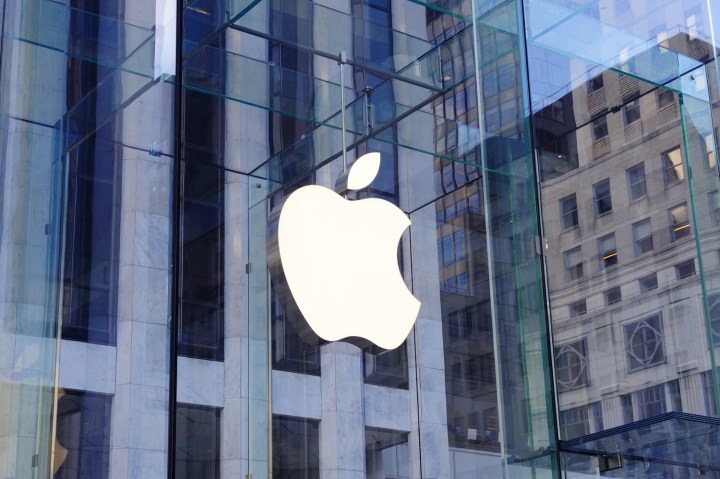
Kuo predicts that a combination of “[un]attractive selling points” and poor timing will hurt the Galaxy S8’s long-term prospects. The Galaxy S7 was Samsung’s main promotional flagship model in the fourth quarter of 2014 after Samsung put the kibosh on the Note 7, he noted, which led to higher-than-usual sales. And Kuo expects that the Galaxy S8 will lack features that “could … be a [big] draw” for prospective buyers.
Kuo expects that the next iPhone, by contrast, will boast “eye-catching” and “innovative” features that attract attention — specifically an OLED screen, wireless charging and a curved glass design. Kuo’s suggested, too, that the upcoming iPhone will be the first to support new 3D image capture tech from Apple’s augmented reality engineering team, and that it will eschew the familiar home screen button with a multi-purpose “function area.”
As a result, Kuo projects that Galaxy S8 shipments will reach a peak of 45 million units in 2017, down substantially from the 52 million Galaxy S7 units Samsung managed to ship last year. And he believes that decreased demand for the Galaxy S8 will lower the flagship’s impact on the supply chain. “We are conservative on demand for the Galaxy S8, and believe its contribution to the supply chain will be limited,” Kuo said.
In a note to investors late last year, Kuo projected that Apple will sell between 120 million and 150 million iPhone 8 units in the second half of next year. If sales bear that out, it would be the company’s biggest iPhone launch since the iPhone 6, which sold between 110 million and 120 million units in 2014.
Apple is rumored to be planning to launch as many as three new iPhone models this year, according to Kuo: A high-end, 5.8-inch “anniversary edition” iPhone 8, and two iterative updates to the existing 4.7-inch iPhone 7 and 5.5-inch iPhone 7 Plus. All three new iPhones are expected to feature redesigned glass casing, wireless charging compatibility, and upgraded hardware.
Apple is under pressure to turn lagging sales around. The company has faced three straight quarters of revenue declines. And in a January report to clients, it said that it expects “weaker iPhone 7 demand” as “buyers start anticipating new iPhones.”
Samsung is in the same boat. In January, the firm’s mobile phone sales fell to their lowest level in five years, with the company reporting three consecutive annual decline in mobile sales.


